August 17, 2025 | 23:39 GMT +7
August 17, 2025 | 23:39 GMT +7
Hotline: 0913.378.918
August 17, 2025 | 23:39 GMT +7
Hotline: 0913.378.918
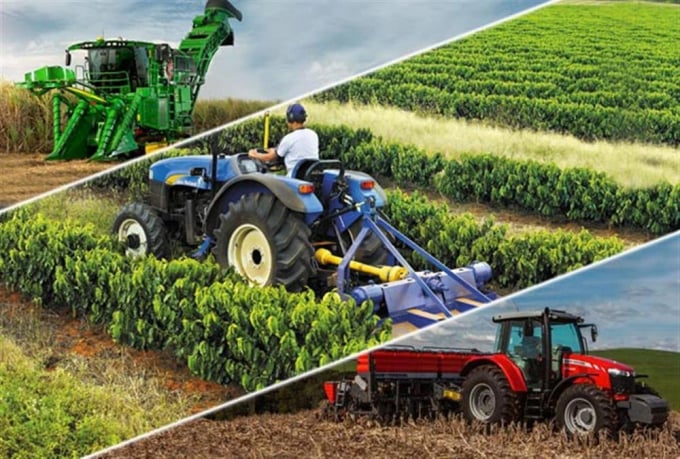
Certain stages of production, including tilling and harvest, are mechanized to a high degree (90-100 percent). Illustrative photo: TL.
Until now, agricultural production has been more mechanized as a result of the use of a variety of equipment and technology. Certain stages of production, including tilling and harvest, are mechanized to a high degree (90-100 percent), most notably rice harvesting in the River Dental and Red River regions.
Mechanization aids in the hard work stage, has a strong seasonal component, and helps improve the productivity, quality, and competitiveness of certain agricultural goods, resulting in the creation of the world's top agricultural export products.
The policy of subsidizing the purchase of agricultural machines and equipment has aided in increasing the rate of mechanization and encouraging domestic mechanical and agricultural machine manufacturers to invest in-depth, enhance the quality, and effectiveness of production machinery and equipment.
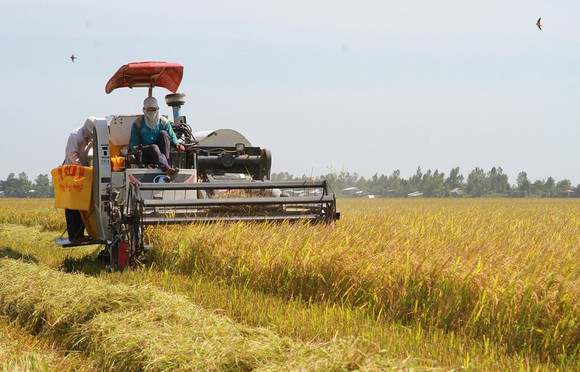
There are no explicit laws defining criteria for determining the degree of synchronous mechanization in agriculture or evaluating agricultural mechanization operations. Illustrative photo: TL.
However, there are still certain limits, including the fact that a strategy for long-term and stable growth has yet to be established, laying the groundwork for the creation of sychonorous processes, policies, and plans for agricultural automation. There are no explicit laws defining criteria for determining the degree of synchronous mechanization in agriculture or evaluating agricultural mechanization operations. Occupational safety and hygiene are frequently neglected in the usage and operation of agricultural machinery and equipment, as well as agricultural product processing, posing a significant risk of occupational accidents and illnesses.
While the rates of automation in agricultural output are high in certain stages, they are asynchronous. Only a few phases have been highlighted, including tillage, rice and sugarcane management, and rice harvesting. Certain phases of mechanization remain low, such as rice transplantation, fruit tree care, and sugar cane and coffee harvesting. In comparison to other nations in the area, Vietnam still lacks agricultural machinery.
The equipment level is still obsolete, indicating that the majority of small-capacity tillage machines are only appropriate for small households with scattered land areas (small machines account for over 60 percent ). Domestic mechanics have not yet met the demand for machines, technological equipment for agricultural production in terms of type, quantity, and quality of machines (approximately 33% of demand for mechanical products); tractors, rice harvesters primarily manufactured by Kubota, Yanmar (Japan), Korea, and China; plant protection sprayers, seeders, and lawnmowers primarily manufactured by Honda (Japan).
Additionally, although the already published rules are adequate, there are still constraints and inconsistencies in execution, particularly in the financial system, owing to insufficient resources. The strategy of assisting farmers in purchasing agricultural equipment is detrimental in terms of people's ability to get loans owing to a lack of collateral. The system for assisting producers of agricultural machinery and equipment with financing for development investment is unattractive to mechanical investment firms...
To assist in overcoming the aforementioned constraints and shortcomings and attaining the objective of synchronous agricultural mechanization growth, the Ministry of Agriculture and Rural Development said that the Government issued a Decree promoting agricultural mechanization development. In the present era, agricultural ministries must replace outmoded decisions.
The draft decree of MARD comprises 4 chapters and 20 articles that are primarily concerned with policies that promote synchronous agricultural mechanization throughout the linkage chain, from input material supply to production, harvesting, preliminary processing, and final processing of agro-forestry-fisheries products and agricultural supplementary products.
The draft decree offers financial assistance for agricultural production operations ranging from raw material supply through production, harvesting, preliminary processing, and final processing of agricultural products, by-products and forestry goods.
Support policy in the direction of establishing a state budget mechanism to support interest rates after direct investment for organizations and individuals borrowing capital to purchase machinery and equipment; the maximum loan amount supported is 70% of the equipment's value; loan interest rate support is 100% for the first two years, 50% for the third year.
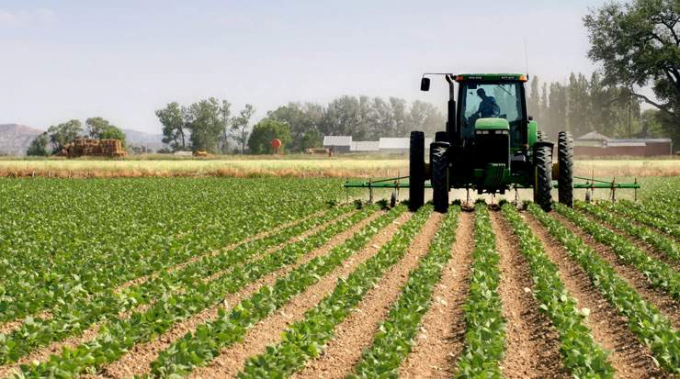
The proposed regulation adopts the technique of post-investment interest rate assistance to promote synchronous mechanization investment projects. Photo: TL.
Credit institutions conventionally provide loans. This method will increase organizations' and individuals' accountability and initiative in choosing and investing in machinery and equipment, while also providing post-investment assistance after the plan/project is finished and meets the criteria. Fully complying with the rules governing support will prevent instances of collusion to take advantage of the program.
The proposed regulation adopts the technique of post-investment interest rate assistance to promote synchronous mechanization investment projects. The particular control of the fixed support interest rate contributes to overcoming the constraints imposed by an out-of-date decree. The draft decree proposes a 3% annual interest rate on the project value, which includes the purchase of machinery and technological equipment; supporting technical infrastructure to meet the requirements of synchronous mechanization in agriculture; project consulting; and training, including occupational safety and hygiene training.
In addition to policies that support synchronous mechanization investment projects, agricultural mechanization centers are eligible for preferential policies that support state investment in agriculture and rural areas; agricultural extension programs; and programs on agricultural restructuring and new rural construction, among others.
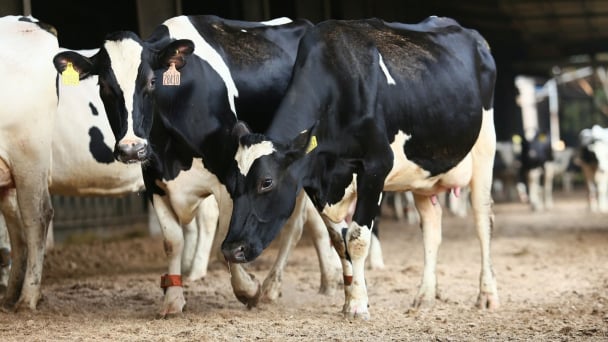
(VAN) As livestock epidemics grow increasingly complex, adopting biosecurity and circular economy practices is seen as the optimal solution.
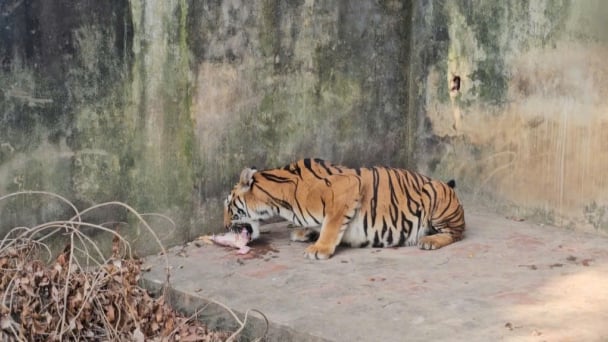
(VAN) The Thanh Hoa Provincial People’s Committee has called for tighter management and protection of biodiversity and wildlife species, particularly wild birds and migratory birds.
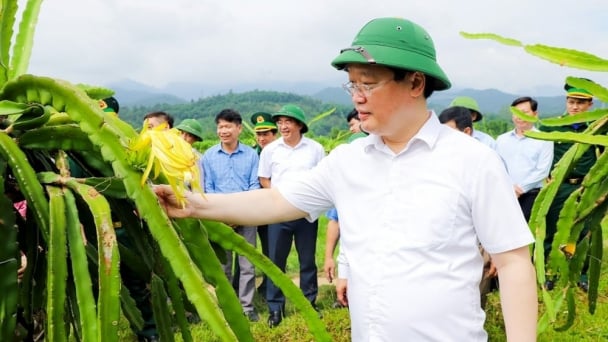
(VAN) Mr. Nguyen Duc Trung, Secretary of the Nghe An Provincial Party Committee, emphasized that agriculture and the environment lead the shift toward green growth and a circular economy.

(VAN) Deputy Prime Minister Tran Hong Ha believes that integrated management will help the Ministry of Agriculture and Environment become the 'conductor' in the path toward green, clean, circular, and low-carbon development.
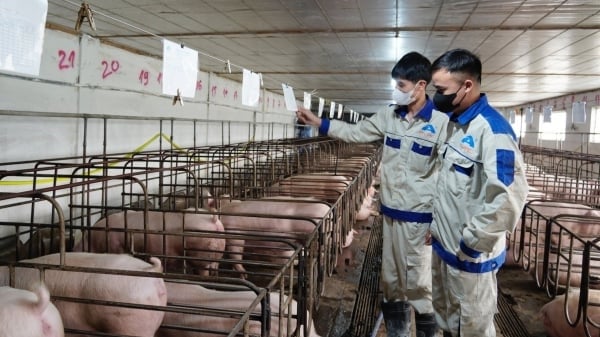
(VAN) Deputy Minister Phung Duc Tien urges the Department of Livestock Production and Animal Health to issue African swine fever (ASF) vaccination instructions.
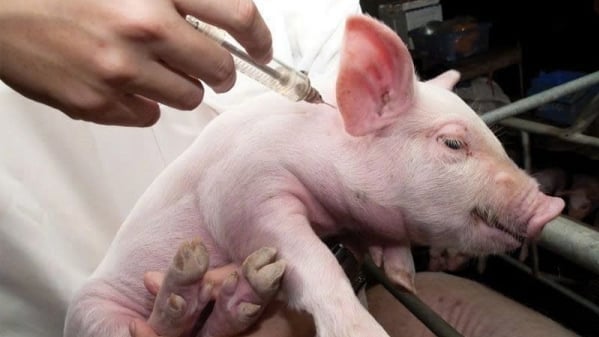
(VAN) The live vaccine BIO-LJE is considered an effective and safe solution for preventing Japanese encephalitis, a disease that can cause reproductive disorders in pigs.
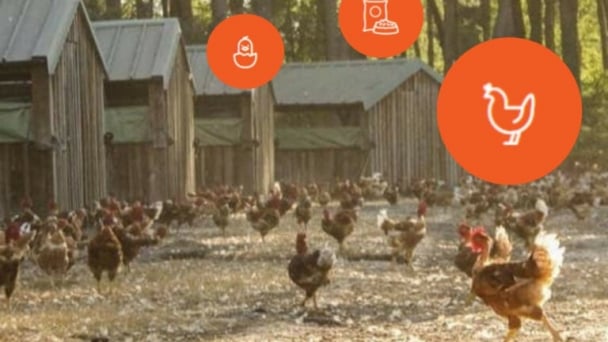
(VAN) The French agricultural cooperative Maïsadour aims to bolster its well-known chicken sector through substantial investments in new poultry houses.